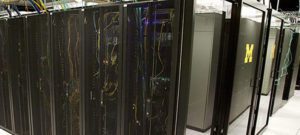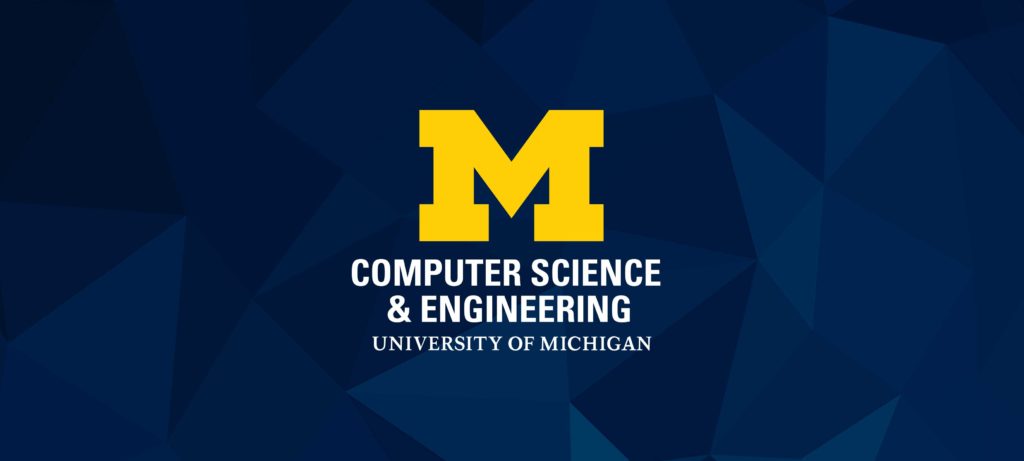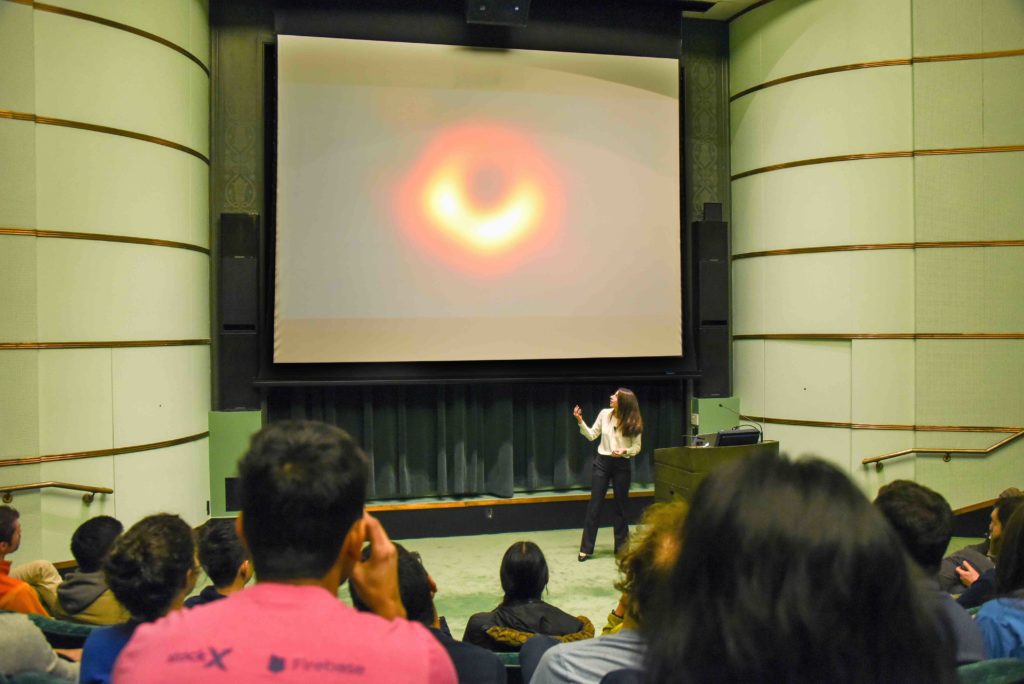The team will develop a secure, data-intensive network solution to effectively transport extremely high volumes of research data on and off campus.


The team will develop a secure, data-intensive network solution to effectively transport extremely high volumes of research data on and off campus.
Latest ESA launch will be the first mission to get hi-res images of the sun’s poles
The post Solar Orbiter mission to track the sun’s active regions, improve space weather prediction appeared first on Michigan Engineering News.
A Q&A with Ashwin Shahani, U-M assistant professor of materials science and engineering
The post How an age-old process could lead to new materials and even invisibility appeared first on Engineering Research News.

Akshitha Sriraman works to enable hyperscale computing on high-demand web services.
Researchers demonstrated the use of stacked, transparent graphene photodetectors combined with image processing algorithms to produce 3D images and range detection.
The post A 3D camera for safer autonomy and advanced biomedical imaging appeared first on Michigan Engineering News.

Documentary director shares his inspiration and the importance of listening and being an ally.
The post ‘Me, The Other’ Q&A with Shidan Majidi appeared first on Engineering Research News.

Speaking to a full house in Rackham, Dr. Katie Bouman – Michigan ECE alum – explained the history and science of the project that gave us the first ever photo of a black hole.
Findings raise prospects for recycled urine as a more environmentally-friendly fertilizer.
The post ‘Aged’ urine won’t transfer antibiotic resistance when converted to fertilizer appeared first on Michigan Engineering News.

Coiled proteins could stop cancer and other diseases from overriding signals within cells.
The post Cancer: Faster screening to hit “undruggable” targets appeared first on Engineering Research News.
A game-theory approach identifies which policy could support autonomous vehicles’ market penetration—and environmental benefits
The post How self-driving car subsidies could carry us through the ‘dark age’ of deployment appeared first on Michigan Engineering News.